Coming from a country that is a confluence of innumerable cultural and ethnic identities, I feel very strongly about communities losing their identities owing to the advances of globalization. I believe it takes all kinds of people to make a beautifully diverse world. People who eat, get married, bring up their children and get buried differently from other people. I have been working on documenting cultures, communities, traditions and occupations that face the threat of extinction for some time now. India is a country where culture is also liveli- hood. Cultural identity, traditional occupation and liveli- hood are so inter-related, that when one is taken away, mostly, all is taken away. My work among Kurubars, a shepherd clan in the Deccan Plateau, focuses on exploring the inter-dependant cultural-occupational traditions that are slowly fading away.
Nomadic and Semi-Nomadic in nature, the shepherds keep moving from one patch on a hill to another in a valley, fallow lands and wherever they find food for their sheep. The Deccan plateau has around 750000 families who raise sheep. The Kurubars have a strong sense of community and collectively graze, pen and protect their sheep.Farmers welcome flocks during fallow period, as sheep eat weeds and leave behind manure that fertilizes the soil and the animals’ hooves break up clods of earth and prepare the soil for sowing.The sheep produce a coarse wool which used to be prized as highly as their meat, but its value has declined as synthetic fleece from China has flooded the local market. The demand for meat is forcing shepherds to cross breed the hardy indigenous Deccani sheep with exotic imported varieties, thus marginalising the purebred Deccani.Traditional methods of rearing have shown resilience and adaptability to climate change offering stability to the community, but policies focusing on economic aspects clearly threaten the sustainability of such livelihoods and are ecologically unsuitable.Common Lands are being usurped for developement projects throughout country, leaving fewer grazing grounds, all leading towards a grey tomorrow for this community.
This essay, ‘ The Last Strands’ is part of a research project, I have taken up independently.I wish to continue work with this indigenous community across our country and document various aspects of their lives and struggle to sustain, despite all the threats they continue to face today.
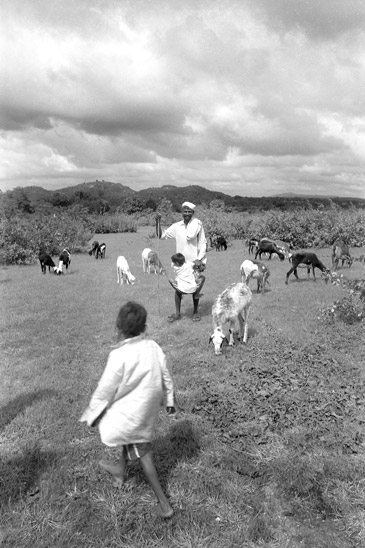
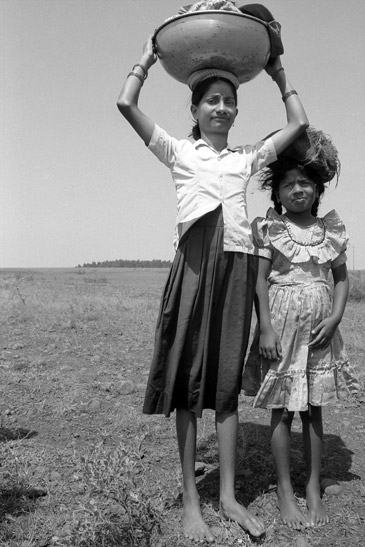
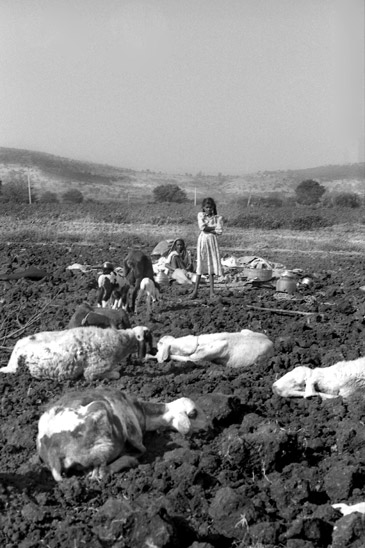

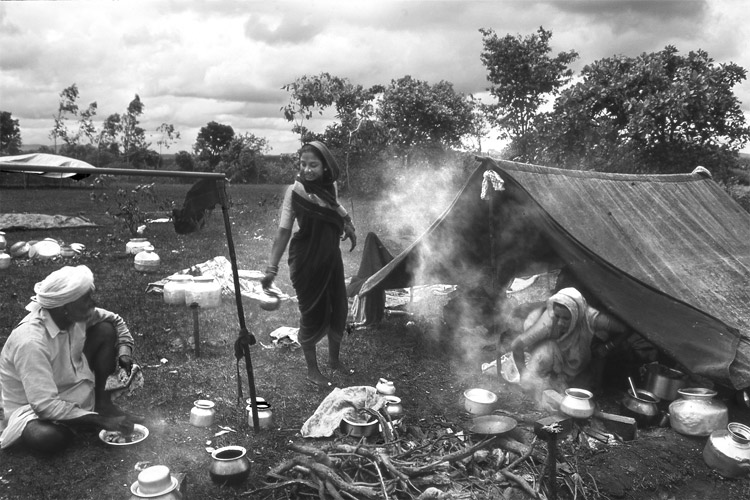
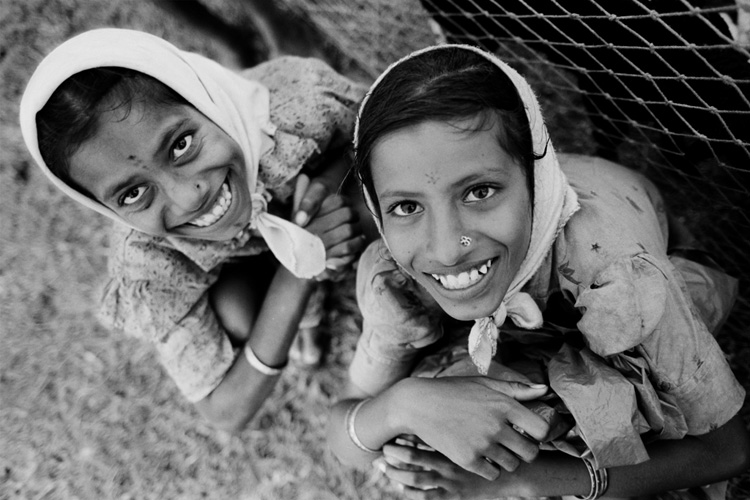
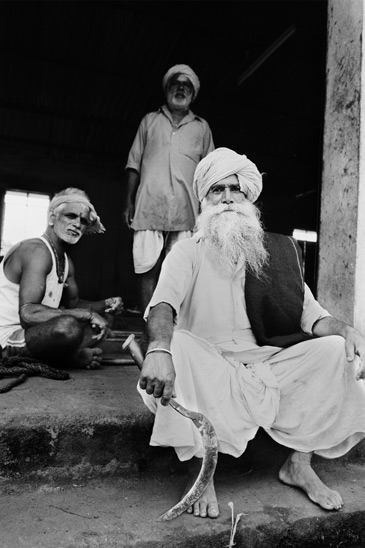
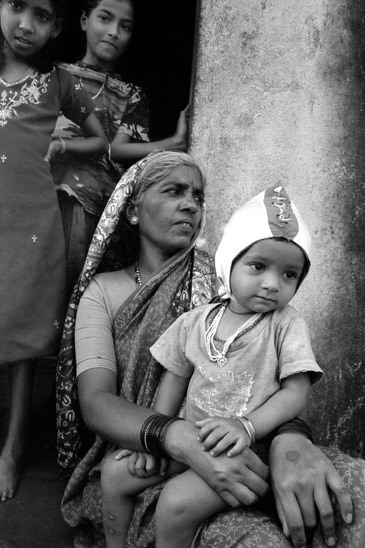
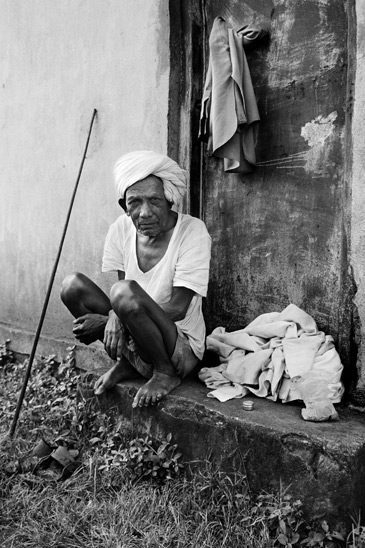

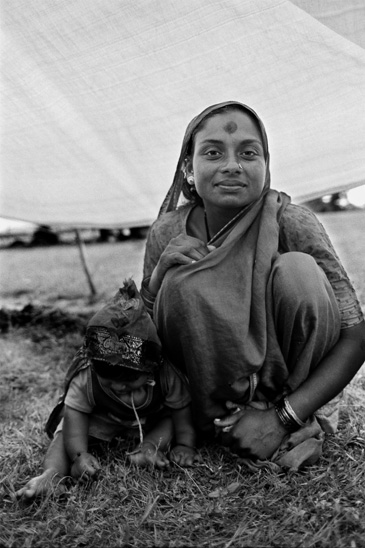
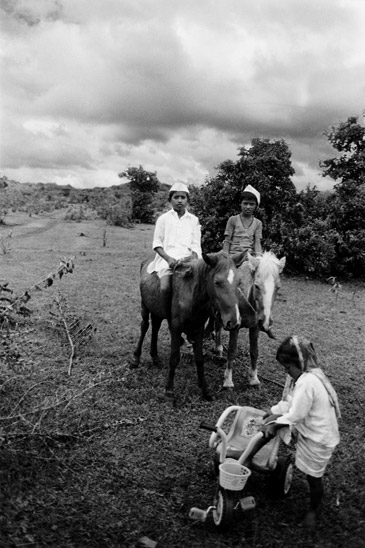
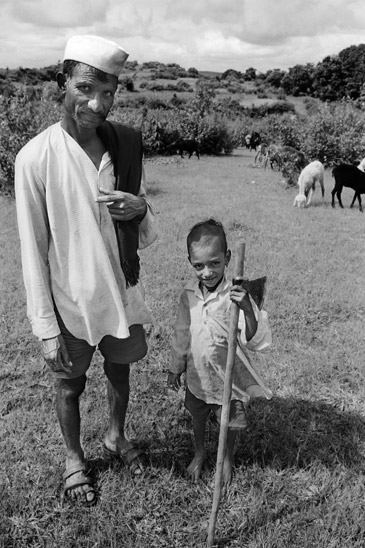

Bio:
